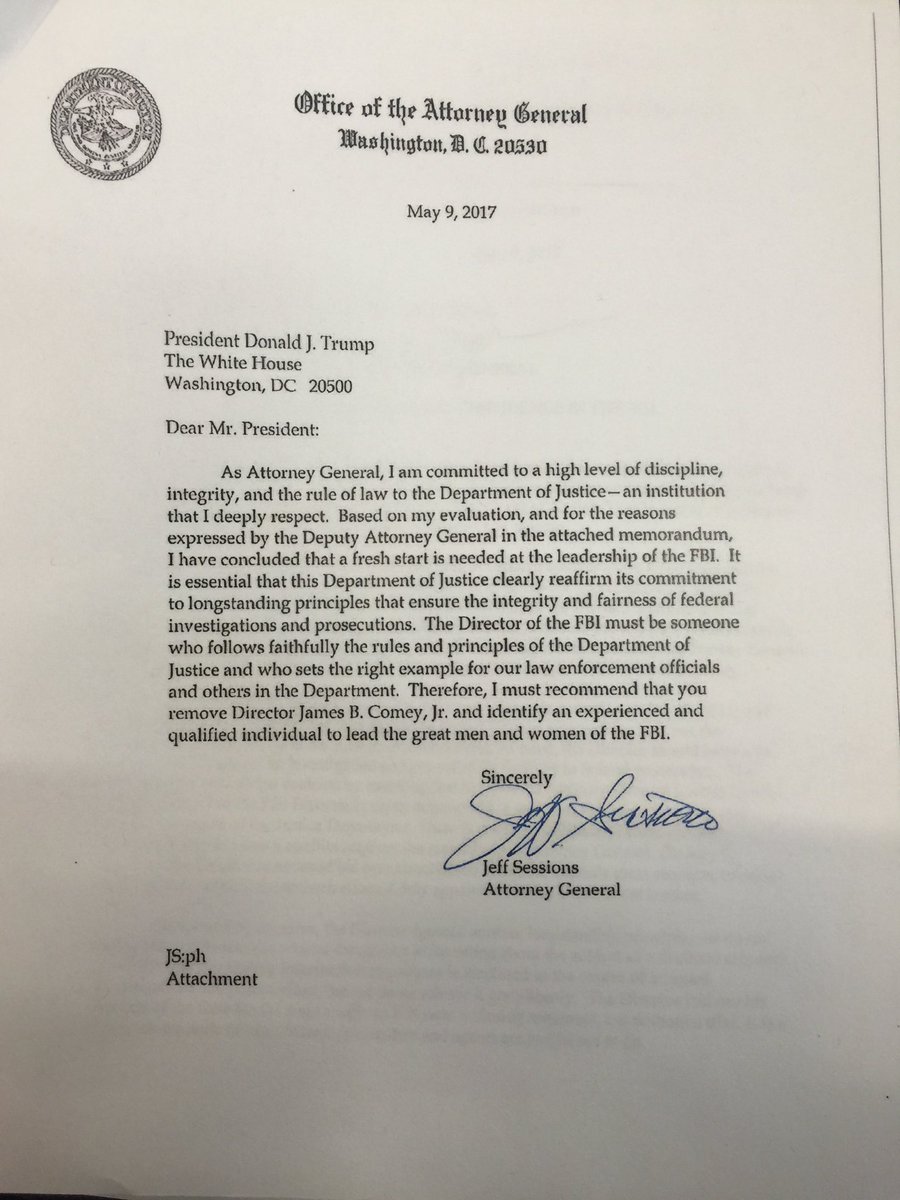The editor of Hypatia repudiates the apology by the Associate Editors.
Critics blasted the article as a product of white and cisgender privilege, said it discounted important scholarly work by transgender and black academics, and accused its author of using harmful language.
Hundreds of scholars signed their names to an open letter calling on the journal to retract the article.
The journal didn’t go that far, but the apology, which came with a pledge to reconsider Hypatia’s review process, still seemed like an extraordinary step. Some academics applauded the swift response to widespread criticism; others criticized the unorthodox action of a journal in condemning its own publication of an article.
And, especially, the venomous lie-filled attack on an untenured junior colleague.
Meanwhile a divide in opinion has emerged not just among academics in the field, but also within Hypatia itself. Despite the public stance taken by the majority of the journal’s associate editors, Hypatia’s editor, Sally Scholz, stands behind the article’s publication and the integrity of the journal’s review process.
In a statement sent to The Chronicle, Ms. Scholz said she believes it is “utterly inappropriate for editors to repudiate an article they have accepted for publication (barring issues of plagiarism or falsification of data).”
“Editors must stand behind the authors of accepted papers,” said Ms. Scholz in the statement. “This is where I stand. Professor Tuvel’s paper went through the peer review process and was accepted by the reviewers and me.”
She added that the associate board of editors had “acted independently in drafting and posting their statement” on Facebook.
Miriam Solomon, president of the board of directors of Hypatia Inc. — the nonprofit corporation that oversees the journal and other activities, such as conferences — echoed Ms. Scholz’s disavowal. The apology did not represent the views of Hypatia’s editor, its local editorial advisers, or its editorial board, she said. “The associate editors are speaking for themselves.”
But they’re doing it on Hypatia‘s Facebook page, so it looks as if they are in fact speaking for Hypatia.
[Solomon] cited several concerns about how the statement arose. She was worried that it had not been clear to readers that the statement did not represent the views of the entire Hypatia editorial system. (Indeed, many observers either congratulated or condemned the journal after the Facebook statement appeared.) She also said she was aware that the post “was produced in a rush, in response to outcry on social media,” which she described as a “new challenge for the community.”
“Everything seems terribly urgent, and people feel like they have to make a response right away,” she said. She also noted that she did not know “how seriously an attempt was made to mediate the issues with the editor. I think the editor was blindsided by it.”
These are philosophers though. They’re academics. They’re adults. You’d think they would know how to take an outcry on social media with some degree of detachment. They don’t have to jump just because Zoé Samudzi says jump.
Like Ms. Scholz, Ms. Solomon defended Hypatia’s review processes, which she said are in line with the standards of the American Philosophical Association. Submissions to Hypatia are received by a managing editor, who anonymizes them before forwarding them to the editor. The editor then selects two reviewers to assess each article. The final decision to accept, revise and resubmit, or reject a piece lies with the editor. To her knowledge, Ms. Solomon said, there was “nothing unusual” about the process for the review of the article by Ms. Tuvel.
Well, maybe they should revise the processes, to add ten additional reviewers for any submission that discusses trans issues or race, with at least five of those reviewers being tweeters with a minimum of ten thousand followers.
One charge levied against the journal was that Ms. Tuvel’s article [might] not have been approved if Hypatia had asked a black or transgender scholar to review it. The associate editors’ apology appeared to entertain that view, pledging “to develop additional advisory guidelines to ensure that feminist theorists from groups underrepresented in our profession, including trans people and people of color, are integrated in the various editorial stages.”
Would one expect trans people to be much represented in their profession? There aren’t many academic philosophers total, and trans people are a tiny percentage of the population, so how represented could they be?
Although Hypatia has not retracted the article, it issued a small but significant “correction” on Thursday. At Ms. Tuvel’s request, the journal removed a parenthetical reference to Ms. Jenner’s birth name. The “deadnaming” of Ms. Jenner, as the practice of identifying transgender people by their birth names is known, was among the objections raised in the open letter.
“I regret the deadnaming of Caitlyn Jenner in the article,” Ms. Tuvel said in a statement issued before the correction’s appearance. “Even though she does this herself in her book, I understand that it is not for outsiders to do and that such a practice can perpetuate harm against transgender individuals, and I apologize.”
I don’t think they should have done that. I don’t think Tuvel should have said that. I’m not just being bloody-minded about it; the thing is that it’s highly relevant who Jenner was before transitioning, so that shouldn’t be concealed out of some hyperbolic Sensitivity.
Tina Fernandes Botts, an assistant professor of philosophy at California State University at Fresno, first read Ms. Tuvel’s paper before the January meeting of the American Philosophical Association’s Eastern Division, where Ms. Tuvel presented her work. Ms. Botts found the work to be “out of step” with research in critical philosophy of race and the black experience. She was scheduled to be a commenter on the paper but was unable to attend.
In a paper presented to the Res Philosophica conference at Saint Louis University last weekend, however, Ms. Botts presented her refutation in full.
She said Ms. Tuvel was correct in her assertion that both race and gender are socially constructed but had failed to understand how they are constructed in different ways. Ms. Botts argued, contra Ms. Tuvel, that race is a function of ancestry, while gender is not — which makes gender more of an individual experience. Put plainly, because race is tied to ancestry in the world, a person cannot declare being a black person trapped in a white person’s body, as Rachel Dolezal has described herself. Only someone with black ancestors can count as black.
That’s one argument, but there are others. It’s an argument; it’s not a proof or a slam-dunk demonstration or anything like that. I don’t find it remotely convincing. I think this stuff is wildly arbitrary and flimsy, while it’s being forced on us with threats and punishments. That’s not a very philosophical situation.
In the days after the article first attracted attention, a backlash to the backlash coalesced. Scholars and other critics argued that Ms. Tuvel had been the victim of a “witch hunt” and was punished for her work’s perceived political incorrectness, not its actual content. “The idea that any article in a specialized feminist journal causes harm, and even violence, as the signatories to an open letter to the journal claim, is a grave misuse of the term ‘harm,’ wrote Suzanna Danuta Walters, editor of Signs: Journal of Women in Culture and Society, in The Chronicle Review.
Brian Leiter, director of the Center for Law, Philosophy, and Human Values at the University of Chicago, argued that Ms. Tuvel could weigh a defamation suit against the Hypatia editors who publicly dressed down her scholarship. “I wonder,” he wrote on his influential philosophy blog, “did any of those professing solidarity with those who specialize in taking offense consider the very tangible harm they are doing to the author of this article?”
Nora Berenstain, an assistant professor of philosophy at the University of Tennessee at Knoxville, took issue with many of those criticisms. “It’s disingenuous to claim that this is an issue of free speech,” she said. “The criticisms of the original paper were calls for accountability.”
Ms. Berenstain wrote a critique of Ms. Tuvel’s article on Facebook before the publication of the open letter calling for the article’s retraction. The post, which she has since made private, described the article as having “egregious levels of liberal white ignorance and discursive transmisogynistic violence.”
Wouldn’t you just love to have her as a colleague?
Her post itself got some backlash, including from conservatives. (Duh. If I were a conservative this would be like a box of diamonds to me.)
In response, she said, “I think that people who have no real stake in this issue and no relevant expertise have been using this issue as clickbait.”
Ms. Berenstain said her post “was a call to feminist philosophers — particularly cisgender white women — to hold ourselves to higher standards. It wasn’t aimed at anyone outside of the discipline.”
“Most of the people who responded did not have the conceptual competence to engage with the post,” she said, “as is evidenced by the reaction to my use of the word ‘violence.’ ” She said her use of the term was a reference to the scholarly concept of structural violence, which describes “a range of systemic harms that go beyond direct interpersonal physical contact.”
Here’s an interesting fact. Something can be a “scholarly concept” and still be bullshit. It can also be a non-bullshit “scholarly concept” and be misapplied.
There’s a lot of that going on in this quarrel.



